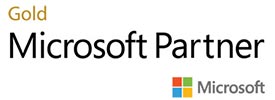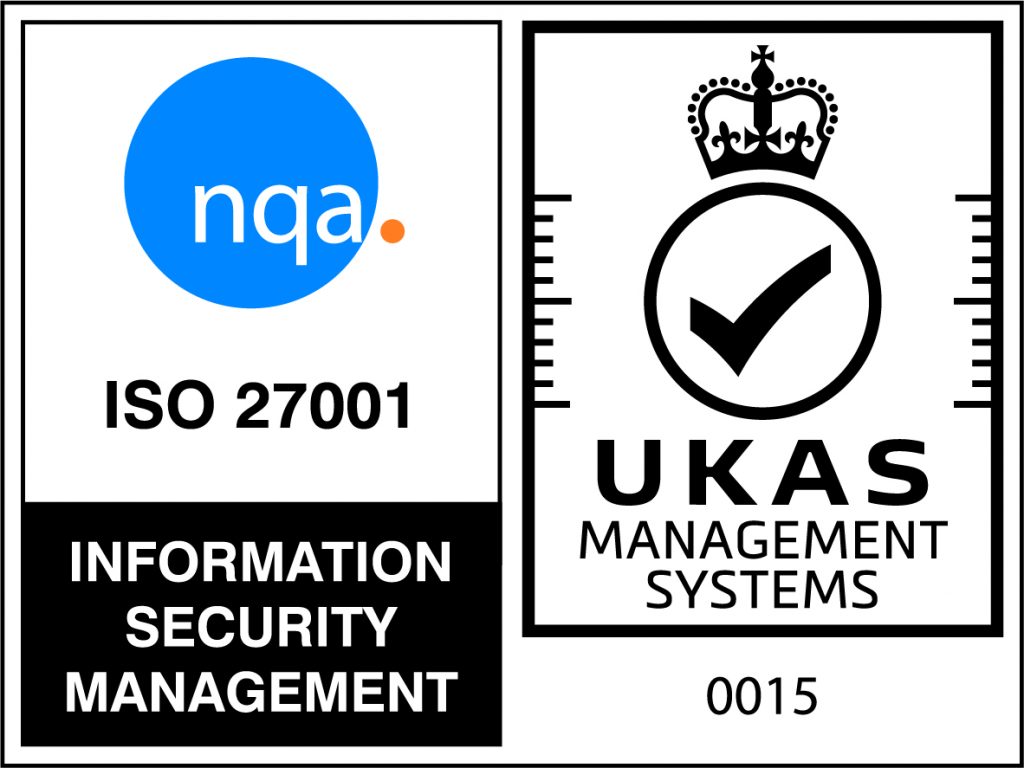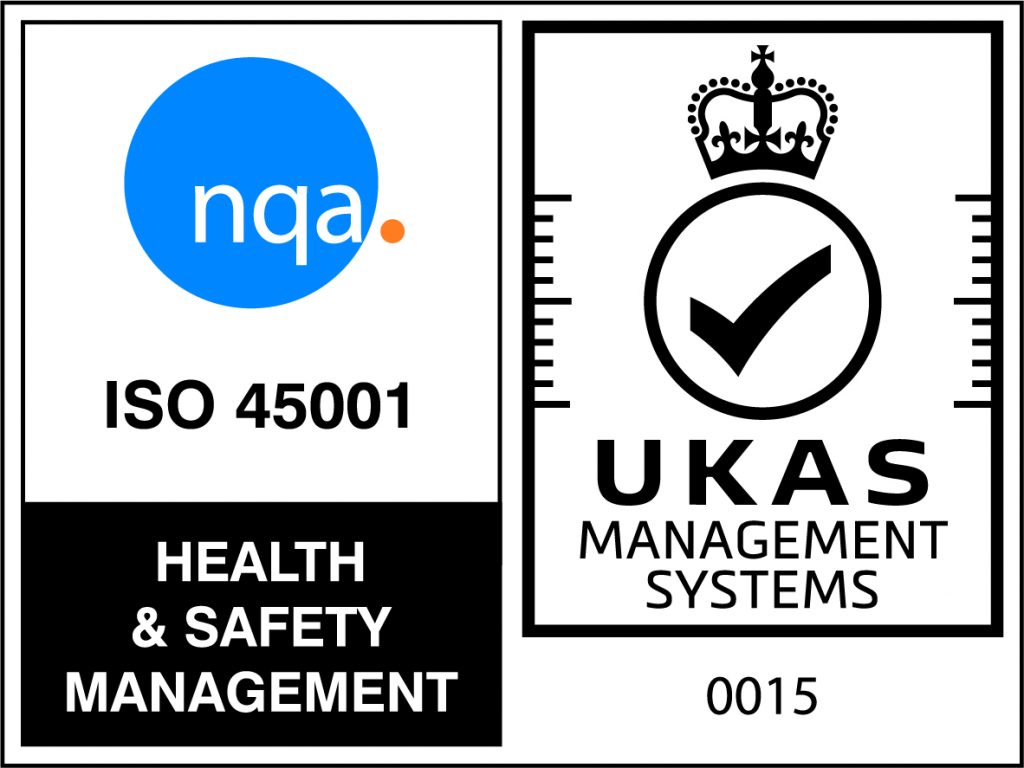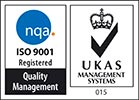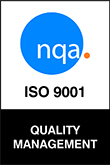 Assistive Technology (AT) can refer to any kind of device, software or system that helps people with disabilities perform tasks with greater confidence, accuracy and independence.
Assistive Technology (AT) can refer to any kind of device, software or system that helps people with disabilities perform tasks with greater confidence, accuracy and independence.
In the workplace, AT embraces solutions that give assistance to employees with a range of physical or cognitive challenges – whether it’s dyslexia, visual/auditory impairments or difficulties using a computer keyboard and mouse.
Investing in AT can be a very smart decision for corporate companies and public sector bodies alike by:
- creating the opportunity for employees to achieve their potential, be more productive and become more engaged.
- broadening the recruitment pool to embrace a wider, more diverse range of talent. For example, people with dyslexia are no more or less likely to have a lower IQ than someone without the condition. For many people with dyslexia, they can have the added advantage of making them great problem solver and creative thinkers.
- minimising the legal, reputation, and efficiency risks of not making job roles available to people with certain disabilities.
- sharing the benefit of an adjustment considered for one employee with a specific requirement with a larger number of employees with a wide range of needs.

 Back to News
Back to News








